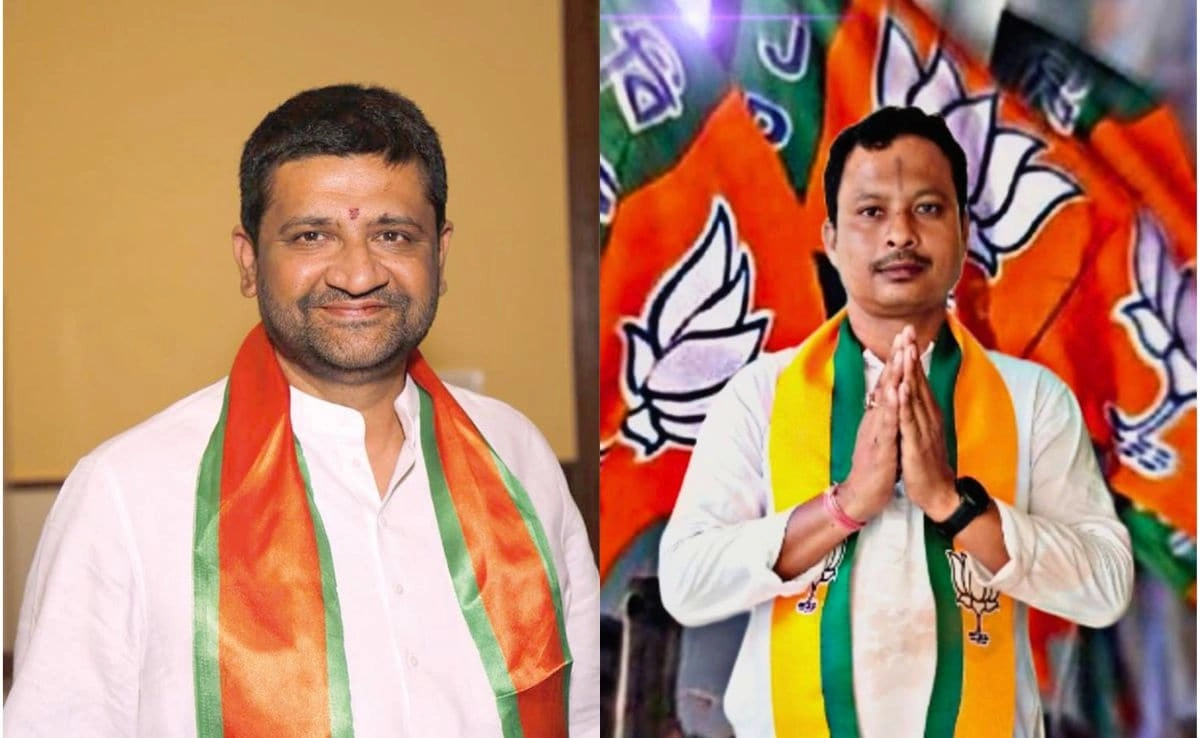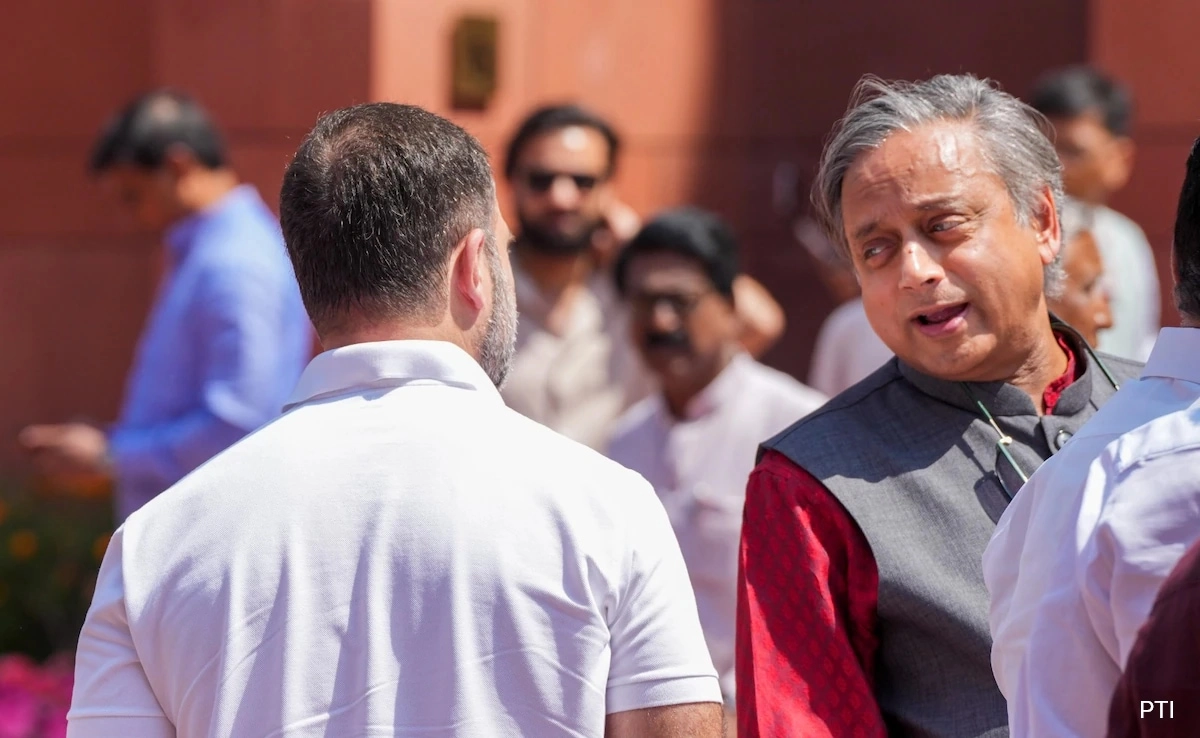In a striking contrast that highlights the vast economic disparities within India’s political landscape, the wealth of the country’s richest Member of the Legislative Assembly (MLA) is estimated at an astounding ₹3,400 crore. This staggering figure underscores the increasing intersection of wealth and political power in India, where affluent individuals often find their way into positions of authority. The richest MLA, whose financial portfolio likely includes various investments, properties, and business interests, exemplifies the potential for immense wealth accumulation in the political arena. Such a considerable asset base raises pertinent questions about the influence of money in politics and the implications for governance and policy-making.
On the other end of the spectrum lies the country’s poorest MLA, whose total assets amount to a mere ₹1,700. This stark difference in wealth not only reflects individual financial circumstances but also sheds light on the broader socio-economic issues faced by many in India. The fact that an elected representative can possess such minimal financial resources highlights the barriers faced by ordinary citizens in accessing political representation. It raises concerns regarding the inclusivity of democracy and the extent to which economic status can influence political participation and decision-making.
The disparity between the wealth of the richest and poorest MLAs serves as a microcosm of the broader economic inequalities prevalent in Indian society. While some individuals enjoy immense wealth and privilege, many others struggle to meet basic needs. This divide poses significant challenges for the political system, as it can lead to a lack of trust among the electorate, who may feel that their representatives are out of touch with the realities of their lives. Moreover, it raises critical questions about accountability and transparency in governance, as wealth can sometimes shield politicians from scrutiny and consequences for their actions.
As India continues to evolve as a democracy, addressing these economic disparities among its politicians will be crucial to fostering a more equitable and representative political environment. Ensuring that individuals from diverse socio-economic backgrounds can access political power is essential for a healthier democratic process. Ultimately, bridging the gap between the wealthiest and the poorest MLAs could lead to a more balanced and fair representation of the diverse voices within Indian society, promoting policies that address the pressing needs of all citizens rather than just a privileged few.




